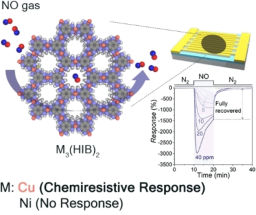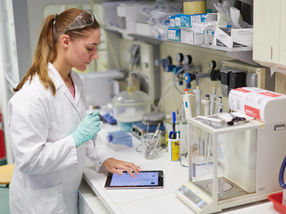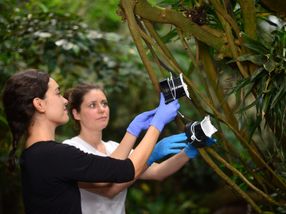New technology creates carbon neutral chemicals out of thin air
“Capturing CO2 from the surrounding air and directly converting it into useful products is exactly what we need to approach carbon neutrality in the chemicals sector"
It is possible to capture carbon dioxide (CO2) from the surrounding atmosphere and repurpose it into useful chemicals usually made from fossil fuels, according to a study from the University of Surrey.
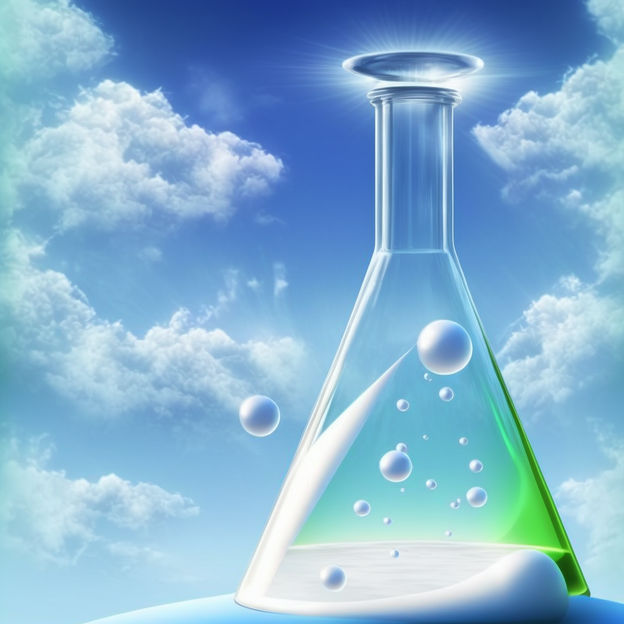
Symbolic image
Computer-generated image
The technology could allow scientists to both capture CO2 and transform it into useful chemicals such as carbon monoxide and synthetic natural gas in one circular process.
Dr Melis Duyar, Senior Lecturer of Chemical Engineering at the University of Surrey commented: “Capturing CO2 from the surrounding air and directly converting it into useful products is exactly what we need to approach carbon neutrality in the chemicals sector. This could very well be a milestone in the steps needed for the UK to reach its 2050 net-zero goals.
“We need to get away from our current thinking on how we produce chemicals, as current practices rely on fossil fuels which are not sustainable. With this technology we can supply chemicals with a much lower carbon footprint and look at replacing fossil fuels with carbon dioxide and renewable hydrogen as the building blocks of other important chemicals.”
The technology uses patent-pending switchable Dual Function Materials (DFMs), that capture carbon dioxide on their surface and catalyse the conversion of captured CO2 directly into chemicals. The “switchable” nature of the DFMs comes from their ability to produce multiple chemicals depending on the operating conditions or the composition of the added reactant. This makes the technology responsive to variations in demand for chemicals as well as availability of renewable hydrogen as a reactant.
Dr Duyar continued: “These outcomes are a testament to the research excellence at Surrey, with continuously improving facilities, internal funding schemes and a collaborative culture.”
Loukia-Pantzechroula Merkouri, Postgraduate student leading this research at the University of Surrey added: “Not only does this research demonstrate a viable solution to the production of carbon neutral fuels and chemicals, but it also offers an innovative approach to combat the ever-increasing CO2 emissions contributing to global warming.”
Original publication
Most read news
Other news from the department science

Get the chemical industry in your inbox
From now on, don't miss a thing: Our newsletter for the chemical industry, analytics, lab technology and process engineering brings you up to date every Tuesday and Thursday. The latest industry news, product highlights and innovations - compact and easy to understand in your inbox. Researched by us so you don't have to.
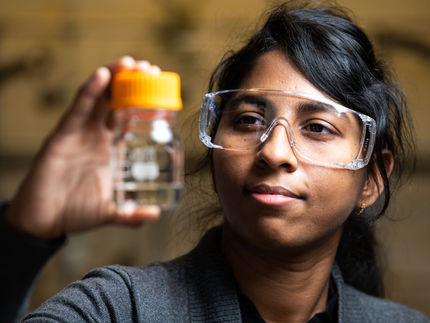







![[Fe]-hydrogenase catalysis visualized using para-hydrogen-enhanced nuclear magnetic resonance spectroscopy](https://img.chemie.de/Portal/News/675fd46b9b54f_sBuG8s4sS.png?tr=w-712,h-534,cm-extract,x-0,y-16:n-xl)
